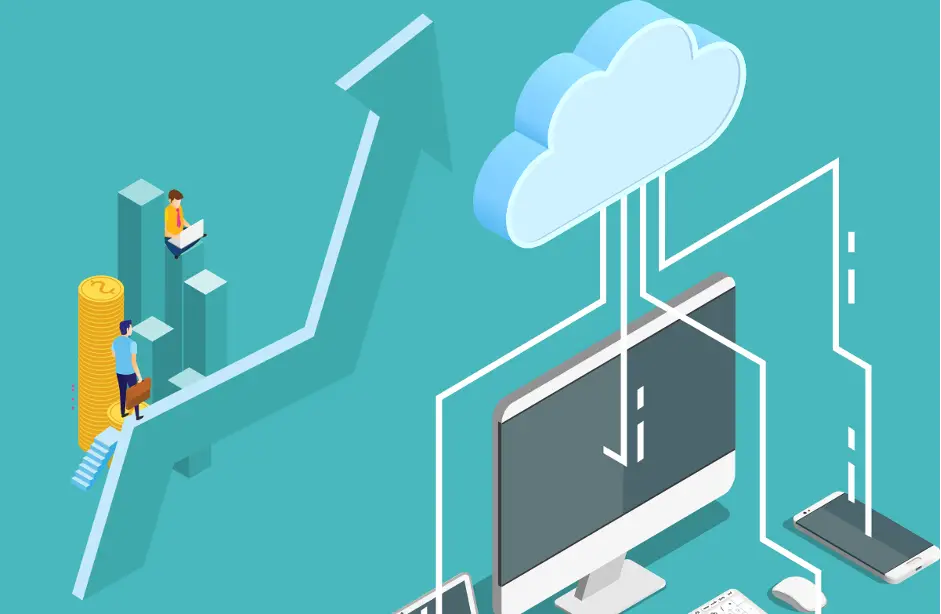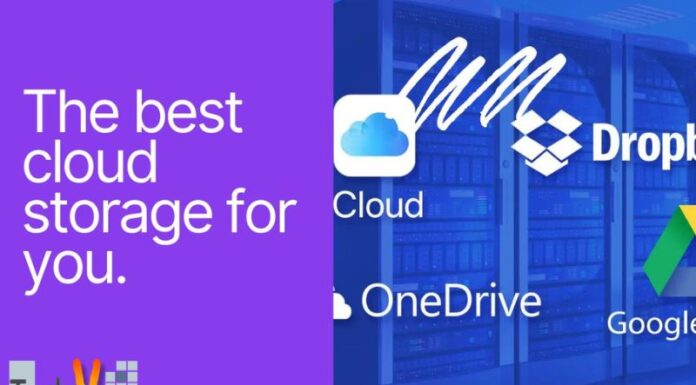Today, we can digitally connect everything with Cloud Computing. Over the past few years, the future of cloud computing has changed dramatically. Today, the world is highly interconnected, thanks to digital technology. That is one of the main reasons why the scope of cloud computing has changed. The amount of work, technology, and research investment needed to define the future scope of cloud computing has also increased. That is why we come across many impressive trends in cloud computing. Here are some of the future predictions about cloud computing:
1. Increase Storage Capacity
Today, data is generated in large volumes, and storing them is difficult. Most businesses need a place where they can safely store their data. So many companies are adopting cloud computing, and it is predicted that cloud providers will offer more data centers at lower prices as there is great competition between them. With the help of most of your businesses, you will be able to store data.
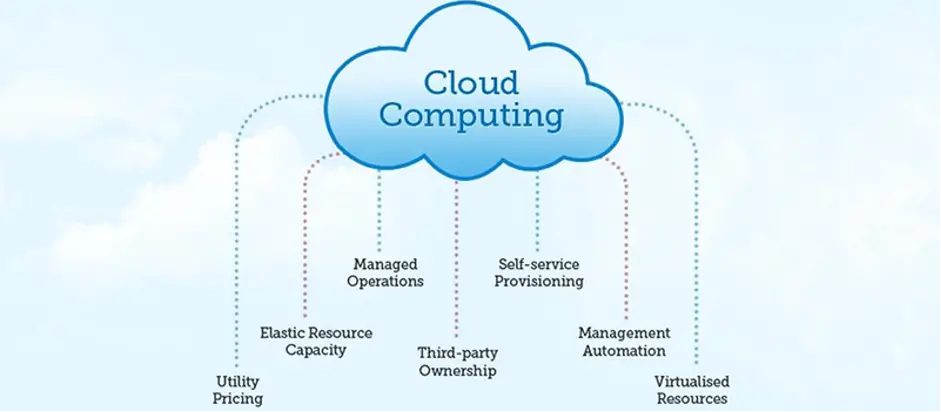
2. Better Cloud Service
For starters, the future of cloud computing in education and the industries surrounding it will likely see the power of cloud computing services. Cloud services can be classified as infrastructure as a service, platform as a service, or software as a service. These are the three essential services used by established and friendly organizations.
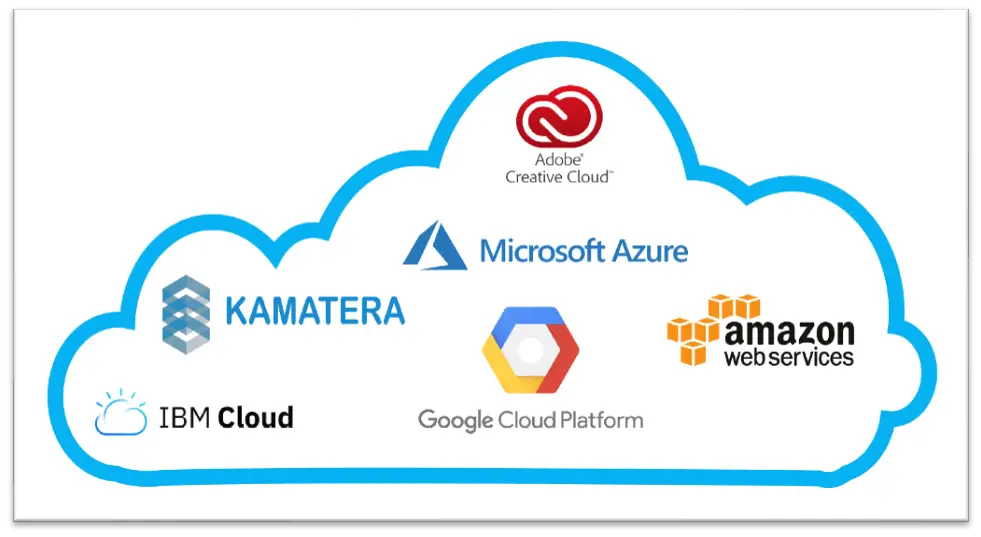
3. Enhanced Internet Performance
IoT can improve internet quality. With the use of IoT and Cloud Computing, we can store data in the cloud for deeper analysis and performance improvement. Users expect high-quality, fast-loading apps and services. The provisioned network will be faster, and the ability to receive and deliver this data will be swift.
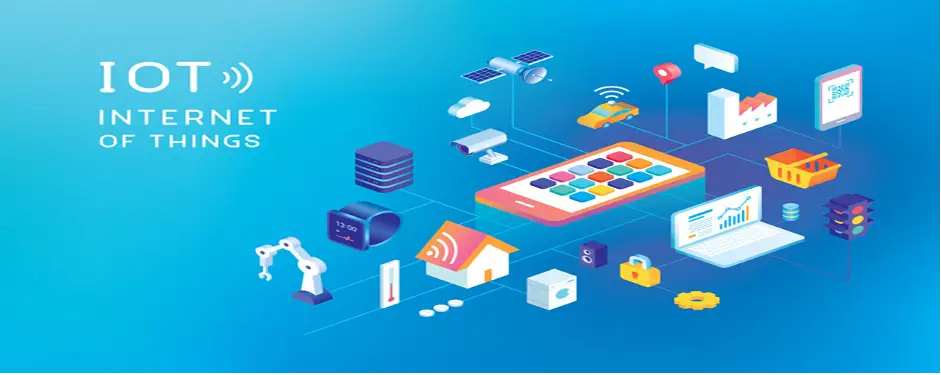
4. Security
One of the talking points around cloud computing technology will be security. Service providers need to ensure that data is stored safely and securely. Businesses will need highly skilled professionals who can promise security at all stages of cloud services. Service providers need to ensure to prevent cyber-attacks.
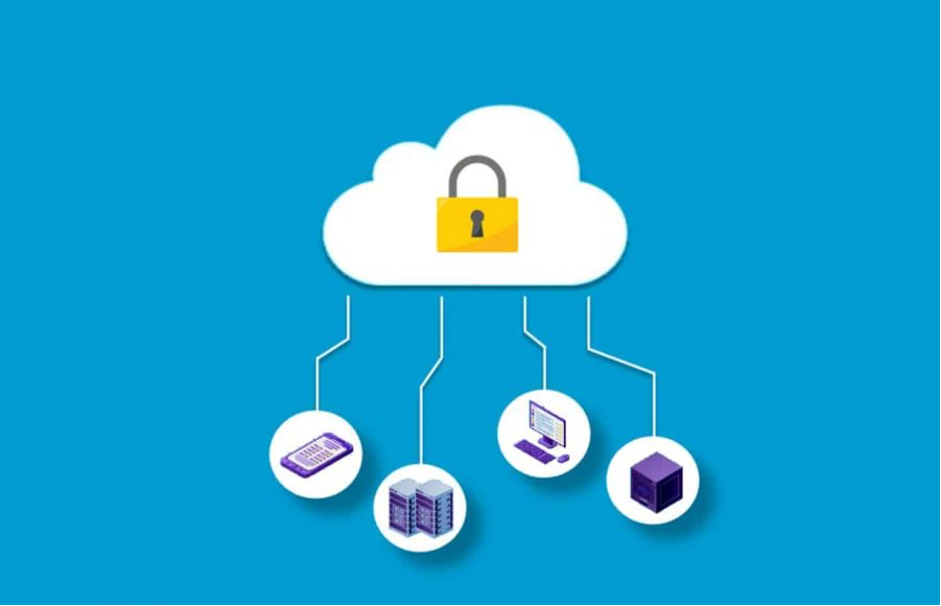
5. Modular Software Will Be The Priority
The scale of an individual program and its complexity is increasing. That leads to the fact that cloud technology will soon require advanced systems thinking. We can see software development from many angles because in the future applications will be hosted somewhere other than the cloud. There will be a variety of modules and servers hosting the application. It can also reduce software costs because it is economical to place program components on various storage units.

6. Market Growth
At the end of 2018, the market value of cloud computing exceeded 128 billion USD. It will not decrease in the coming days. Mainly because the future use of cloud computing will only increase, not decrease. Big brands and Fortune 500 companies are moving their services and products to the cloud. Meanwhile, business spending habits around on-premises infrastructure have declined. These are signs of a better and more powerful future in the cloud. Undeniably, the market and future of cloud computing is a long-term forecast, is inevitable.
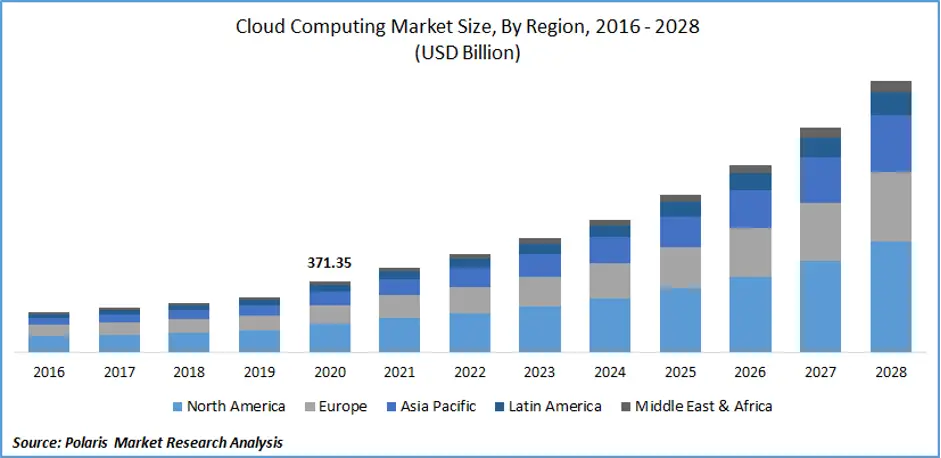
7. Improvement In Cloud Services
Cloud computing includes:
- Infrastructure as a Service
- Platform as a Service
- Software as a Service
With this service, people can achieve their desired goals. Many researchers have proven that Cloud Computing will be one of the leading technologies of the future, as the software as a Service solution will account for more than 60% of the workload.

8. Visualization
Now, we need to focus on the future of virtualization and cloud computing. That is an interesting link that offers many opportunities for research and development. Virtualization and cloud computing require a single architecture to work together. That could be a development that matches the qualities of a computer cell. Additionally, IT cells are known for their ongoing need for better and more sophisticated software infrastructure, sophisticated features like encryption, third-party authentication, efficient network segmentation, and more.
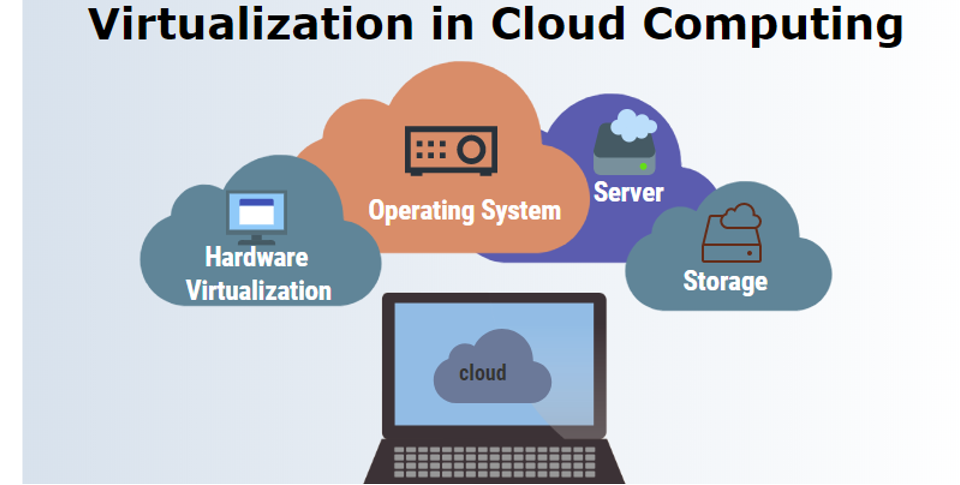
9. Modular Software
Companies use a lot of software that still needs to be modified. As a result, cloud computing requires modified software, which provides better security and functionality. Modular software will be more user-friendly and flexible to use. One of the main advantages of this software is that it will save overall cost and time. We can see from the chart below that software and service providers are also improving.

10. Economy
If cloud computing continues to grow, there will be less hardware usage as most of the work is done using cloud computing and virtualization. We can save software installation costs by splitting, which will reduce hardware usage.
